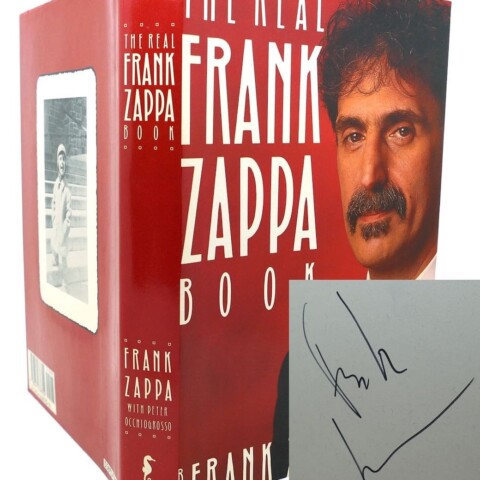 WHO WOULD ASPIRE to be an umpire, and who would be a referee? A rhetorical question posed as a lament in ‘The Umpire’, on this the post-debut (I dislike the word sophomore) effort by the duo of The Divine Comedy’s Neil Hannon and Thomas Walsh of Ireland’s Pugwash. It’s a brave move to devote not only the entire lyrical concept of now two albums to a specific subject, in this case cricket, but also the name of the act. This makes for an unavoidable and all-encompassing ‘crickefication’, but the apparent ease with which they’ve assembled this music speaks reams in support of the concept of freedom within limitations.
WHO WOULD ASPIRE to be an umpire, and who would be a referee? A rhetorical question posed as a lament in ‘The Umpire’, on this the post-debut (I dislike the word sophomore) effort by the duo of The Divine Comedy’s Neil Hannon and Thomas Walsh of Ireland’s Pugwash. It’s a brave move to devote not only the entire lyrical concept of now two albums to a specific subject, in this case cricket, but also the name of the act. This makes for an unavoidable and all-encompassing ‘crickefication’, but the apparent ease with which they’ve assembled this music speaks reams in support of the concept of freedom within limitations.
And yet, it doesn’t come off like a concept album. The cricket theme is always evident but the attitude is carefree, down to earth and often humorous. It’s not a fanboy affair by any means, touching on both positive and negative aspects of the subject. Sometimes the issues are cricket specific, and other times cricket seems but a metaphorical launchpad for a wider social and even political statement reflecting the times we live in. ‘The Umpire’ seems to straddle an allegory between its subject and also where the music world now finds itself. Maybe I imagined that, but I think it’s there, which again shows how they can don a lyrical straitjacket and still leave room for listener interpretation.
 I would also have to imagine Neil Finn’s contribution which by all accounts is there, but not obvious to me. Not so for the presence of Stephen Fry, whose narration on ‘Judd’s Paradox’ elevates the englishness level to a peak. The overall vibe of Sticky Wickets conveys a celebration of what it is to be British. No Jessie J this time, though.
I would also have to imagine Neil Finn’s contribution which by all accounts is there, but not obvious to me. Not so for the presence of Stephen Fry, whose narration on ‘Judd’s Paradox’ elevates the englishness level to a peak. The overall vibe of Sticky Wickets conveys a celebration of what it is to be British. No Jessie J this time, though.
Signature orchestral flourishes recalling Elgar tastefully punctuate key points in the songs, while everyman ‘70s pop stylisms keep them grounded with little ELO echoes never far from the surface, especially in ‘Third Man’. But this never becomes an all-out posture. They lighten up even more in ‘Line And Length’, with its both sung and narrated terminology atop an almost flippant bed of what could be Malcolm McLaren and Prince collaborating in 1989.
Both the performances and fidelity are devoid of pretension. Everything is pristinely recorded, and subtle post-productive effects enhance without taking over. The mixes don’t make a big deal of themselves and everything is nicely set in its own space with no clutter. The kick drum is solid and comfortable, snare drum suitably unobtrusive and the toms have a crisp attack and nice round bottom end – always a good sign. The sound is warm and analogue despite the digital medium by which I’m listening to it. Sticky Wickets is a nice disc to show off your system. Being involved in a lot of recording myself, I’d consider pulling this CD out occasionally for A/B mix comparison.
By and large the recording is honest. They rolled their sleeves up and got on with a difficult job, the result suggesting an effortlessness along with capability all too unheard of in pop today. ‘The bourgeoisie bat, the proletariat, toil in the field all day’. Some things never change. PETER KEARNS
Sound = 4/5
Music = 4/5















